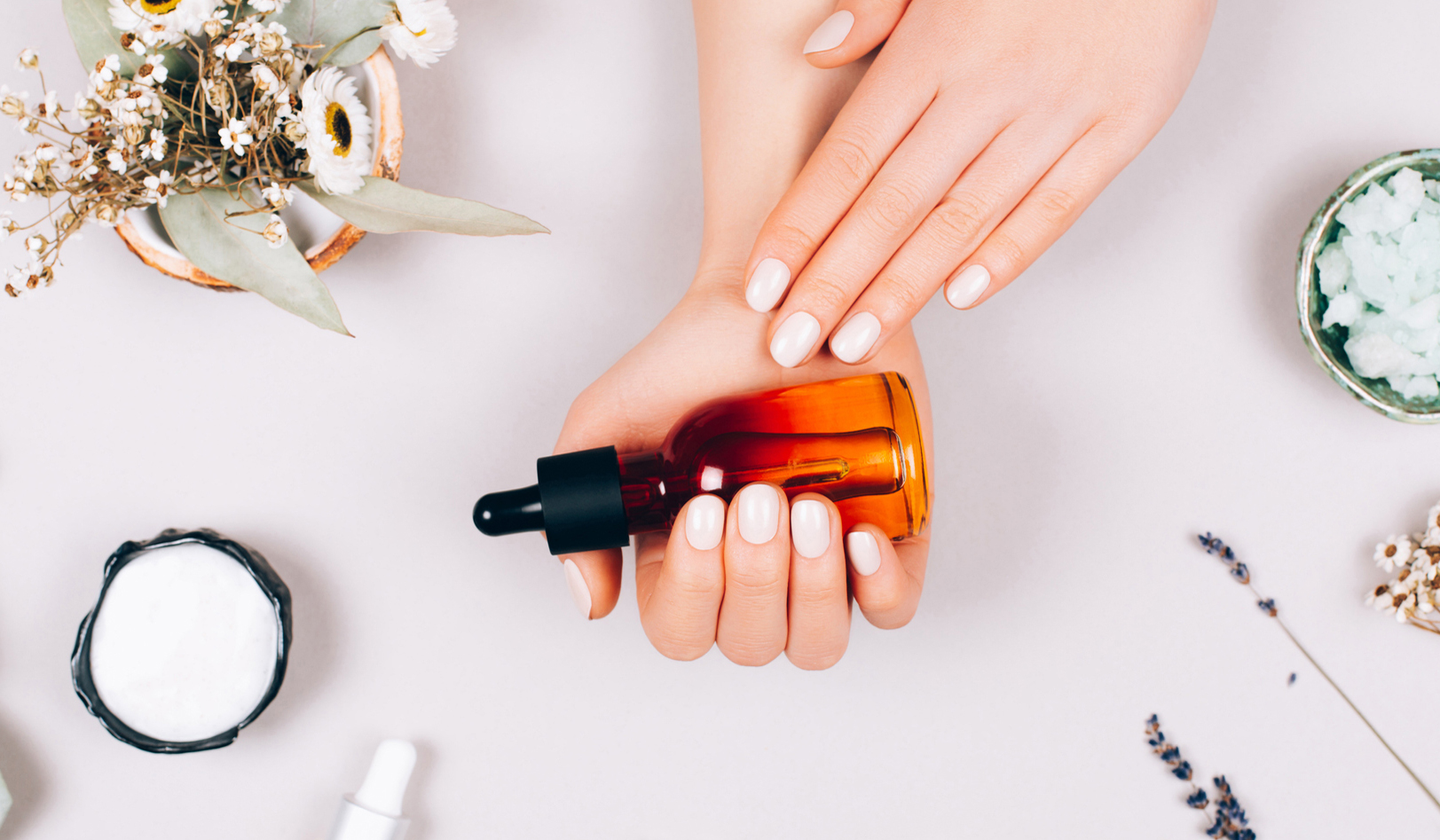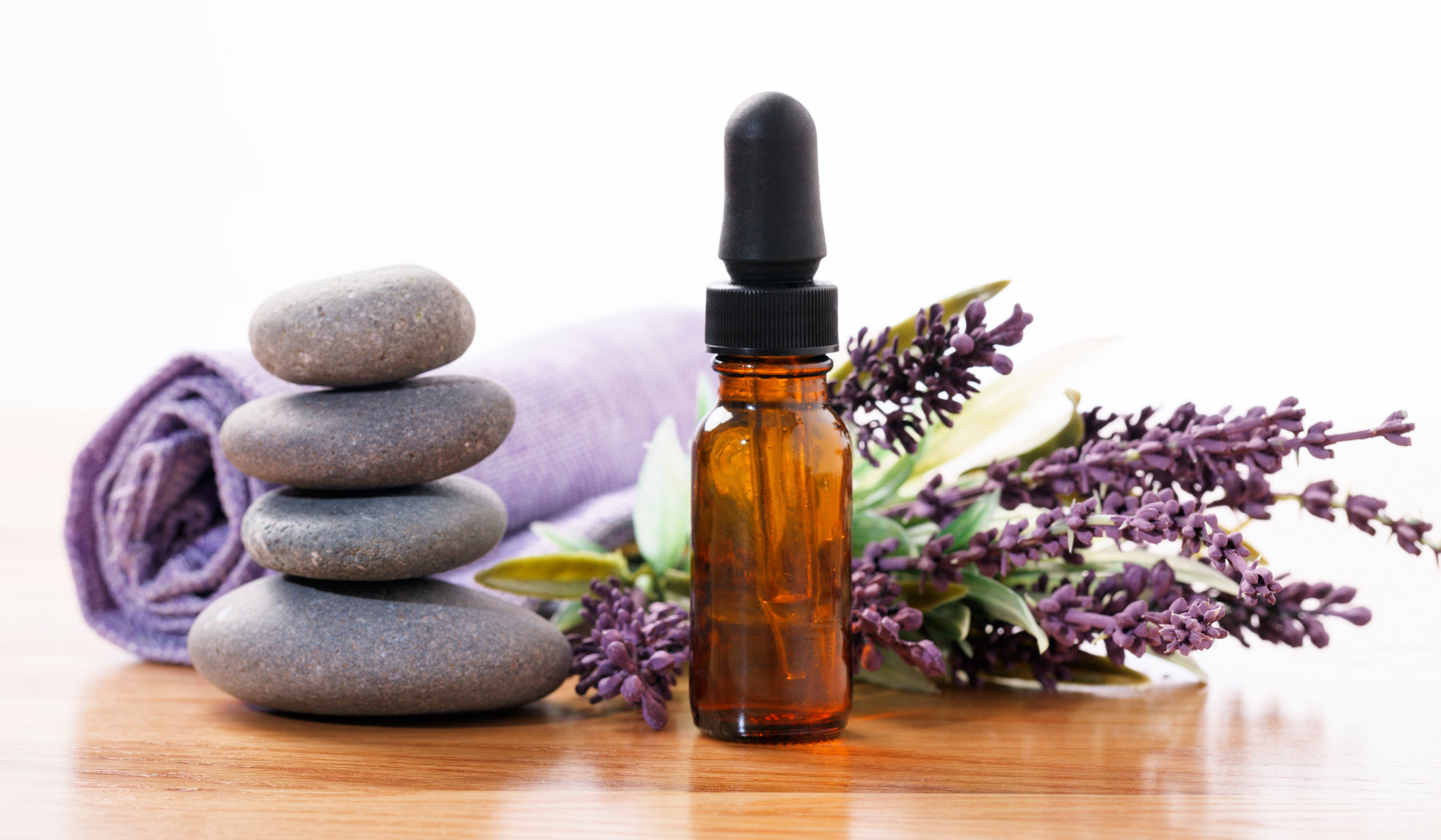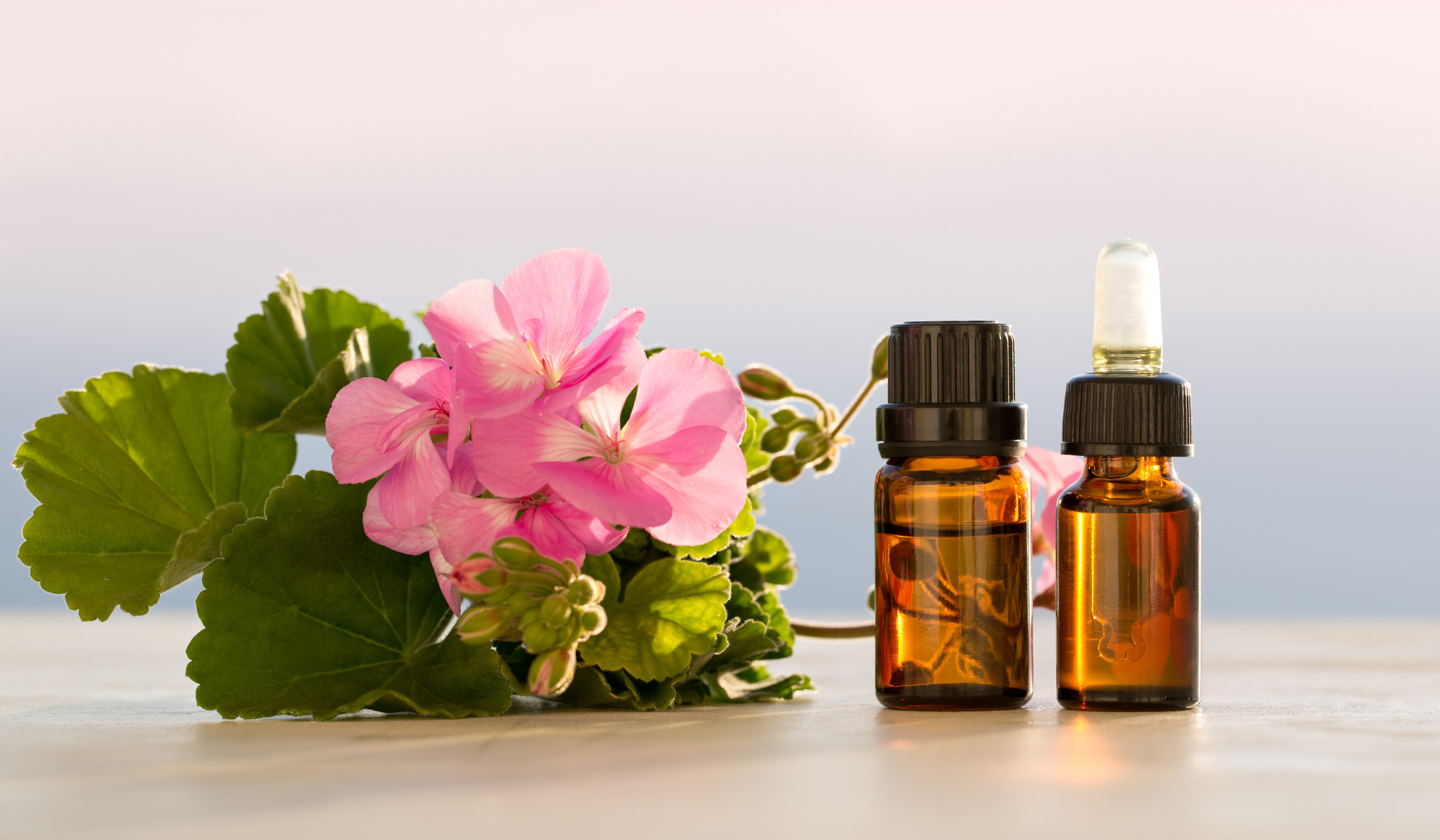5 of the best essential oils and their uses
We look at some of the best essential oils and how to use them safely and effectively


The evidence may be limited but the fan club is large. Essential oils have been used therapeutically for centuries, but can they stand up to the test of modern science Essential oils are concentrated plant extracts said to possess various health benefits. They are believed to help a long list of ailments including psychological issues such stress, anxiety and depression as well as physical aches and pains. They are commonly used in aromatherapy – for example by inhaling the aroma or through massage.
‘Smell is the only sense hard-wired to the brain,’ explains qualified aromatherapist Rosemary Pharo, a spokesperson for the Complementary and Natural Healthcare Council. ‘We can’t intellectually override its effect on us. I have seen survivors of extreme trauma visibly calmed down from the edge of panic after a few minutes inhaling essential oils.’
There's lots of ways to use the best essential oils, but one of the best ways to use them in aromatherapy is to try it with one of the best diffuser for essential oils models, some of which can time bursts of oils to ensure your environment always feels serene.
Is there any science behind essential oils?
Although limited, there is some science backing up the benefits of aromatherapy, including this review of the psychological and physiological effect of fragrances. While there are plenty of small studies into the therapeutic use of essential oils, more large-scale, robust, clinical studies are needed. However, Rosemary bristles at the use of the term ‘pseudoscience’.
‘The limited studies reflect a lack of funding rather than a lack of science,’ she says. ‘The chemistry of essential oils is hard science but studies into its use in aromatherapy are not being funded.
‘The use of scent is innate and instinctive,’ she adds. ‘The sheer sensory delight they provide tells us there is something there.’
The best essential oils to create different effects:

1. Lavender – For sleep
Research suggests lavender essential oil really can increase deep sleep. A systematic review of 15 studies on essential oils (mostly on lavender) and sleep in 2014 concluded lavender did have a positive effect on sleep.
Start your week with achievable workout ideas, health tips and wellbeing advice in your inbox.
‘Lavender oil has a sedative effect and can be useful before sleep,’ explains Rosemary. ‘It is psychotropic - which means it changes what’s going on in the brain – so be careful if you’re on any medication, especially medication with a sedative effect. Also exercise caution if you have low blood pressure.’
2. Bergamot – For stress
A type of citrus oil, bergamot has some research behind its use for stress. As well as research in rats, a small study in 2015 found women who inhaled bergamot essential oil for 15 minutes had lower levels of the stress hormone cortisol in their saliva. While another study found it could reduce anxiety in patients waiting for surgery.
‘Bergamot is a lovely scent and useful during times of stress and anxiety,’ says Rosemary. ‘However, bergamot - unless it is specifically said to FCF free - is phototoxic, so either do not use topically or avoid sun exposure for something like 12 to 18 hours’.
Bergamot not doing it for you? Here's another six essential oils for health and wellbeing worries.
3. Geranium – For menopause
A 2017 study found inhaling geranium essential oil may increase oestrogen concentration in certain parts of the body, while another found aromatherapy treatment with an essential oil blend, including rose geranium oil, may have a phytoestrogen effect and reduce menopausal hot flushes. Rose oil was also found to help.
‘Geranium essential oil is ‘adaptogenic’ - which means it can stimulate or relax your nervous system, depending on what your body needs,’ says Rosemary. ‘It is emotionally balancing and so, like rose oil, is useful during the perimenopause and menopause. I have found it helpful for women with hot flushes and mood swings and also for women suffering with PMS.’

4. Rosemary – For memory
If you’re cramming for an exam or struggling to focus, the scent of rosemary oil might just help. Research suggests inhaling rosemary essential oil may help improve memory, alertness and cognition, reportedly boosting mood and nervous system activity, which enhances brainpower. Lavender has also been found to reduce levels of the stress hormone cortisol.
‘Rosemary oil is a stimulant,’ says Rosemary. ‘It’s great if you are taking exams and can also be helpful if you are feeling overwhelmed - but be cautious if you suffer from high blood pressure.’
5. Plai – For pain
Plai - an anti-inflammatory from the same family as ginger – is sometimes used for achy muscles and joints and there is some scientific backing for this in a study performed on rats.
‘Plai oil is my go-to for muscular aches and sprains,’ says Rosemary. ‘It can be diluted into a carrier oil and massaged directly onto the sore muscle.’
How to choose the right essential oils for you
Quality varies greatly: ‘If the supplier is on the membership list of the Aromatherapy Trades Council, their products are likely to be of a reliable quality,’ says Rosemary. ‘If they’re not registered, it doesn’t necessarily mean their products aren’t good but you need to do your research.’
Check use by dates: ‘Essential oils often have a short shelf life after which they can oxidize and might be more sensitising to your skin,’ explains Rosemary.
Safety: It’s important to know what you’re doing as essential oils can be dangerous. ‘Inhaling essential oils for too long, for example, sometimes creates the opposite effect to the one you intend,’ explains Rosemary. ‘You should also never apply them directly to your skin without first diluting them in a carrier oil such as grapeseed, apricot or sweet almond.
'And you must never ingest them. Some can also be dangerous for children so be cautious when using home diffusers. If you are pregnant, breastfeeding, on any medication or suffering from a health condition, speak with a clinical aromatherapist or your healthcare provider for advice.’
Professional advice: Speak to a properly qualified aromatherapist before using oils for the first time. The Complementary and Natural Healthcare Council was set up with government funding and support. It runs a voluntary register of qualified practitioners.
Claire is a freelance health, fitness and food journalist who has written for titles including Women’s Health, Top Santé, Woman & Home, Feel Good You, the Telegraph and Independent. She has a passion for being outside in nature and you’re more likely to find her walking in the woods or joining an exercise class in the park than pounding a treadmill in the gym. She also has a special interest in nutrition and healthy eating, having previously been Food Editor at Top Santé magazine. Her top fitness tip? Take your exercise outdoors wherever possible. It has been shown to boost the physical as well as mental health benefits of a workout and also to make you more likely to want to do it again!
